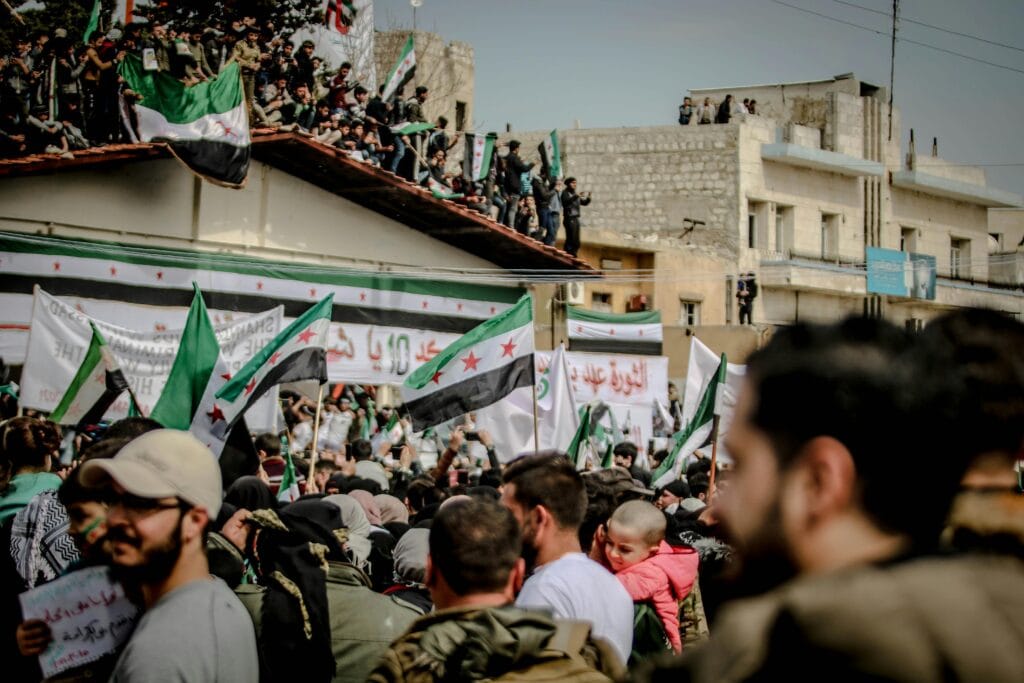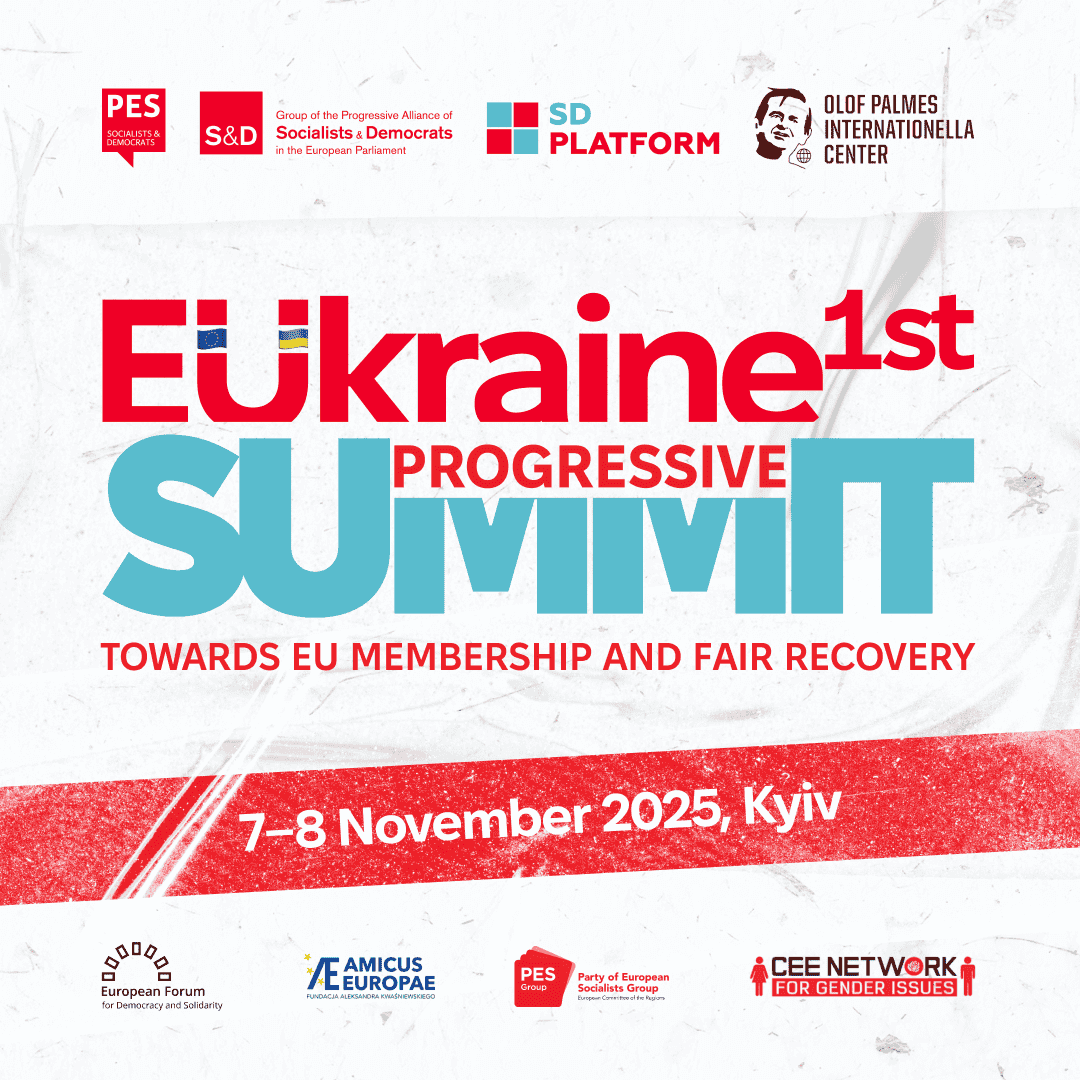Source: Pexels
It has been over 10 months since the posters of former dictator Bashar Al Assad were torn down from the streets in the capital Damascus in celebratory fashion. After a gruelling 50 years under the dictatorial rule of the Assad family, in which hundreds of thousands of Syrians have been displaced, killed, abused and scattered across different continents in recent decades, Syrians are yearning for political stability. But is that political stability in sight after the announced parliamentary elections in October, and what does this mean for Dutch foreign policy?
From Israeli attacks to internal conflicts
Since the deposition of Assad on 10 December by terror organisation Hayat Tahrir al-Sham (HTS), with interim president Ahmed al-Sharaa now at the helm of the transitional government, Syria has had several phases of instability and incitement. From the Israeli attacks on the Syrian army headquarters to the deadly clashes between minority Bedouin and Druze groups in the As-Suwayda region. The al-Sharaa government faces many administrative and political difficulties that can be seen on the international world stage. But due to the tensions in the Middle East and Gaza in particular, news about Syria has moved into the background. For instance, parliamentary elections had been announced between 15 and 20 September, but they were called at the last minute verplaatst to 5 October 2025. During the Assad regime, elections were far from fair and transparent. The question is whether the upcoming elections, given the current political situation, are really elections where ordinary citizens really go to the polls.
Elections with limitations
The upcoming elections will bring changes to the Syrian parliament and administration, according to the Temporary Electoral Law. One sweeping change is the expansion of the parliament from 150 to 230 seats. But the term 'elections' may have been eroded here. For instance, interim president Al-Sharaa chooses a third, 70 seats, himself and the remaining 140 seats are chosen by so-called electoral colleges. These electoral colleges representing the various regions are elected by a top-down approach appointed by the High Committee. But this High Committee is then appointed internally by Al-Sharaa itself. Formally, this structure can be described as 'organised elections', but are not direct elections where the people have a say in which representatives of the people will enter parliament.
But what about the opposition in Syria now? One party that has been able to raise its profile openly since the fall of Assad is the Syrian Democratic People's Party. The party was founded in 1973 and maintains a social democratic ideology. During the Assad regime, the party was severely repressed, with members arrested and the party carrying out opposition work in exile. The Max van der Stoel Foundation spoke to a member of the Syrian Democratic People's Party who wishes to remain anonymous in this article. The member of the Syrian Democratic People's Party talks about how his party cannot participate in the upcoming elections: "There are no laws and regulations yet for political parties to register at all, let alone compete in elections." This illustrates the lack of established (ground) legal frameworks, which prevents opposition parties from officially registering. On the plus side, the opposition can now carry out its work more safely and publicly: "There is a lot of political opposition present in Syria, you can openly criticise the government and we are even invited to come and talk on Syrian state TV."
Charter flights by the Dutch government
Political developments in Syria also influence the Dutch view on foreign policy. For instance, there are first charter flights left last week from Rotterdam The Hague Airport, organised and initiated by the Dutch government. A charter flight is a voluntary return trip to country of origin. Upon departure, Syrians were required to sign a form officially withdrawing their application for asylum.
This is the first time since the fall of the Assad regime that the Dutch government has facilitated the return flight of Syrians. Apart from the facilitated flight, every adult Syrian who leaves voluntarily will receive a one-off around 2,600 euros. Minors get about 1,600 euros. The member of the Syrian Democratic People Party finds this absurd. For instance, he describes that the economic situation in Syria has not improved much since Assad was deposed. "The country is still a mess, there is no work for many people". He further describes that the minimum income is so low that the money offered just covers the costs for a one-month family. On the other hand, he does sympathise with the return of Syrians: "Given the only 'stability' there is now since the fall, this is the ultimate chance to return". He argues that he can well understand the homesickness of many Syrians and also appreciate the charter flights. The desire from far-right parties for temporary residence permits from Syrians to move in is on the table, but it is unclear whether this leads to fewer Syrians actually coming to the Netherlands.
Safety versus reality
That right-wing parties have been stepping up pressure to send Syrians back in recent months and areas to be declared safe is very much at odds with the current security risk. Despite the fall of the Assad regime, the country is currently in instability with the transitional government. Syria still has a negative, red travel advisory. The prevailing frame these parties maintain that it is "safe and stable" to send Syrians back is therefore very controversial. For several minority groups, such as the Alawites, Syria is classified as very dangerous and risks repression. The member of the Syrian Democratic People's Party confirms this: "It is safe again after the fall of the (Assad) regime for the Sunnis, or religious majority, who were just punished as opposition during the regime". Thus, the frame that is now being cliched in the debates to declare (parts of) Syria safe is very superficial and must be understood with the caveat that this does not apply to all Syrians.
Future of Syria: hope or repetition?
What will be the political state of Syria in view of the announced parliamentary elections? The transitional government is working hard to create stability. Last week, for instance, interim President Al-Sharaa spoke at the United Nations General Assembly about his vision for the country's future, something Syria has not done for over six decades. He stressed that he wants to pursue justice for the victims of the regime and called for the suffering of recent years not to be trivialised. He also pleaded with the US to formal lifting of economic sanctions, allowing the economy and infrastructure to flourish again. Although many sanctions have already been lifted, key measures still remain in place. Al-Sharaa's Syria's (democratic) path ahead will determine whether these sanctions are lifted.
The member of the Syrian Democratic People's Party remains sceptical: it could be years before a new constitution is formally adopted. Until then, the opposition, including the Syrian Democratic People's Party, the transitional government room to make the necessary changes. In conclusion, Syria currently faces a security and democracy dilemma. Statements by Dutch far-right politicians about accelerated returns of Syrians and revoking residence permits downplay Syrian suffering. Although Al-Sharaa's government is trying to make progress, quite a few steps are still needed before Syria can be considered safe and grow into the stable democracy Syrians deserve. The next few years will show whether the new Syria delivers on the promise of freedom or gets bogged down in old patterns again.




